It can feel like we’re surrounded at times by Covid-19 statistics, from infection rates and hospital admissions to the number of people who have sadly died with the disease.
And while the data changes every day, hospital staff in Hull are keen to ensure the people behind the data, those whose lives have been changed by the disease due to a stay in intensive care, are not forgotten.
One way in which intensive care workers at Hull University Teaching Hospitals NHS Trust are doing this is through their bi-monthly Critical Care Support Group. The session is run by staff working in the department including doctors, nurses and physiotherapists. It provides a safe and confidential space for patients and families with experience of intensive care to share their experiences, to ask questions of the professionals and draw strength from each other.
Dr Pumali Gunasekera, consultant in critical care for the Trust says:
“The coronavirus pandemic has meant that we’ve seen more long stay patients through intensive care over the past year and a half than we would normally expect to see.
“A stay in ICU is often unexpected, and it can be very difficult for the patient as they struggle to understand what’s happening; they may feel distraught, angry or confused about things, they may have periods they don’t remember, or they may be struggling to adapt to life beyond their period of illness.
“At the same time, it can also be difficult for their family or loved ones who can also be left upset, distressed perhaps by what they’ve seen or experienced, or anxious about what the future now holds for them and their family.
“The Critical Care Support Group is a safe and confidential way for patients and relatives to talk about their experiences, their worries, and to seek advice from professionals and from others who have been in the same positon.
“Under normal circumstances, families would be able to visit their relatives freely in ICU and be able to meet with staff to discuss their progress. Covid-19 has led us to introduce visiting restrictions in ICU so that we can protect the most seriously ill, but this also means families are largely unable to have that face to face interaction; most conversations are had over the phone right now; so this is a way in which we can try to fill the gap.
“Many of us will have had someone close spend time in hospital but intensive care can be an altogether different experience, and with Covid-19 leading to more prolonged stays in intensive care lately, there could be many more people in need of this kind of help.”
The Critical Care Support Group was set up around seven years ago, in 2015, and since then the support provided by its members and hospital staff has helped scores of people come to terms with life in and beyond ICU.
The trust currently operates two critical care units across its estate; one at Castle Hill Hospital and another within the tower block at Hull Royal Infirmary. The latter will be replaced when work concludes shortly on a new three-storey, multi-million pound intensive care facility to the rear of HRI.
Dr Gunasekera is keen to stress that the Critical Care Support Group is suitable for patients and relatives with any experience of intensive care, not just Covid-19.
“Our world has been dominated by Covid-19 for so long now that it can be easy for people to forget that life goes on without it, but people are still involved in road traffic accidents or assaults, they still have cardiac arrests, donate organs, and they still undergo major surgery which requires extra support afterwards.
“The Critical Care Support Group is there to assist any patient who has been on the receiving end of any severe illness or injury resulting in a period of intensive care, and their loved ones, and who feel they would benefit by talking it through with others.”
For Covid safety reasons, the group is currently conducting virtual online meetings. These are held every two months, with the next meeting scheduled to take place on Tuesday 10 August at 2pm.
For more information or to request joining details, please email hyp-tr.hullicusupport@nhs.net or call (01482) 674689 / 461504.

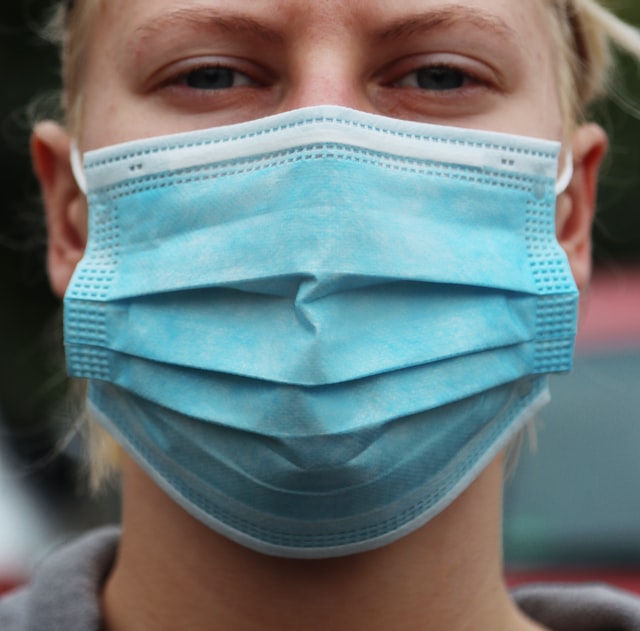

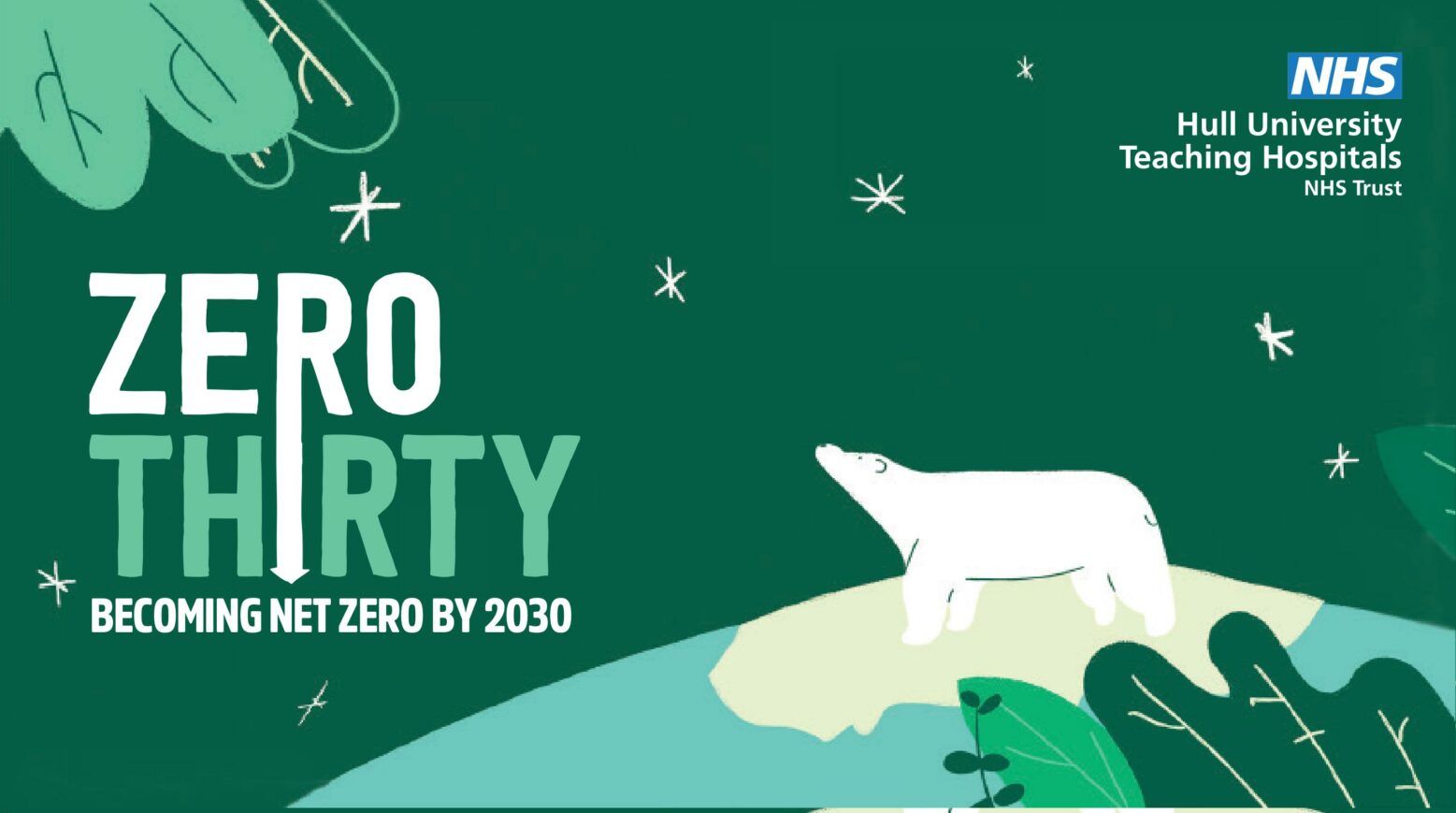
 Chief Executive Chris Long said: “Our target is ambitious but we are sending a strong message to the rest of the world that we intend to do whatever is necessary to overcome the climate crisis.
Chief Executive Chris Long said: “Our target is ambitious but we are sending a strong message to the rest of the world that we intend to do whatever is necessary to overcome the climate crisis.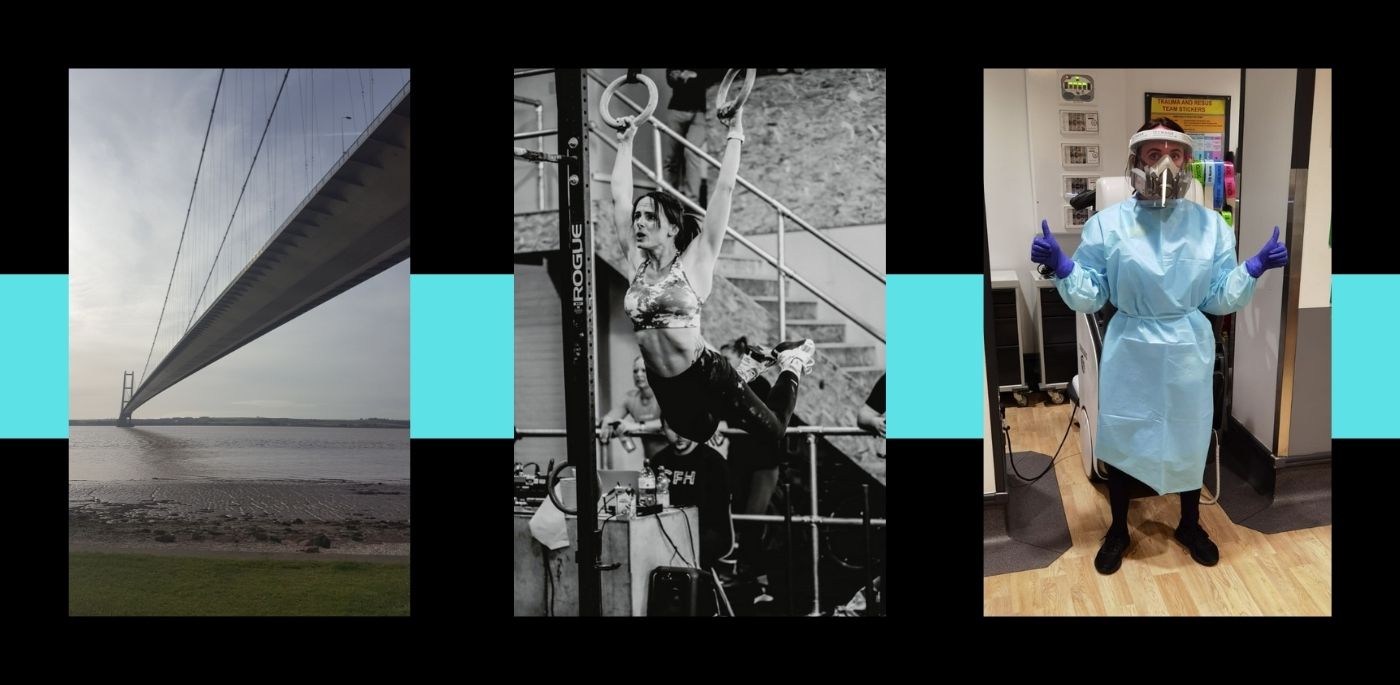

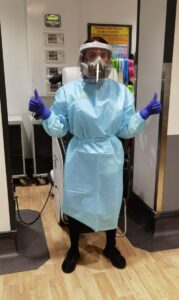
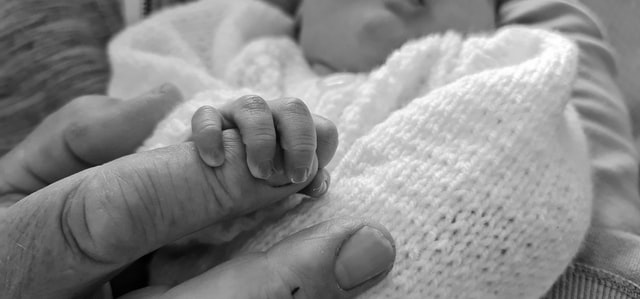
 Lorraine Cooper, Head of Midwifery, said: “Partners will be able to join their families for either four hours in the morning or four in the afternoon from today.
Lorraine Cooper, Head of Midwifery, said: “Partners will be able to join their families for either four hours in the morning or four in the afternoon from today.
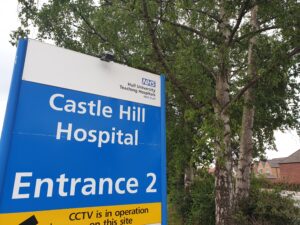 Hull University Teaching Hospitals NHS Trust has recruited 900 registered nurses, 990 health care support workers and 110 medical consultants in the past five years.
Hull University Teaching Hospitals NHS Trust has recruited 900 registered nurses, 990 health care support workers and 110 medical consultants in the past five years.
 The *East YorkSHHire” campaign an unprecedented recruitment partnership between East Riding of Yorkshire Council, Hull City Council, City Health Care Partnership CIC, Hull CCG, East Riding of Yorkshire CCG, Hull University Teaching Hospitals NHS Trust, Humber Teaching NHS Foundation Trust, Humberside Fire and Rescue Services, Humberside Police, Yorkshire Ambulance Service, Hull York Medical School and the University of Hull.
The *East YorkSHHire” campaign an unprecedented recruitment partnership between East Riding of Yorkshire Council, Hull City Council, City Health Care Partnership CIC, Hull CCG, East Riding of Yorkshire CCG, Hull University Teaching Hospitals NHS Trust, Humber Teaching NHS Foundation Trust, Humberside Fire and Rescue Services, Humberside Police, Yorkshire Ambulance Service, Hull York Medical School and the University of Hull.
 Now, Mr Mizen has been invited to give a lecture to an international audience by the Head and Neck Academic Centre at UCL, the university in London rated the UK’s top university for research strength.
Now, Mr Mizen has been invited to give a lecture to an international audience by the Head and Neck Academic Centre at UCL, the university in London rated the UK’s top university for research strength.


